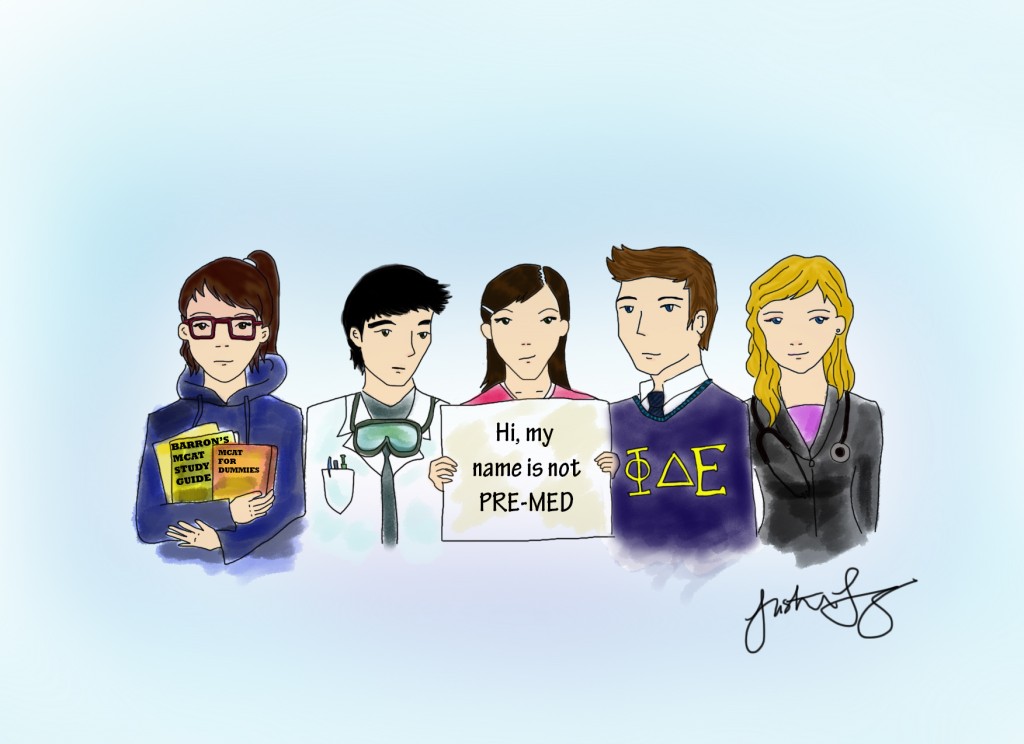Conversations with Dr. Heather Henter.
In an effort to hear the faculty perspective on alternative careers in biology, I sat down with Dr. Heather Henter, the academic coordinator of UCSD’s Natural Reserve System. My questions were the same ones that I’ve been juggling around since the conception of this blog: how do you get a job and more importantly, how do you find the job that’s meant for you.
“There’s one answer and one answer only, and that is to do as many internships as you possibly can,” Henter said. “Volunteer, work in somebody’s lab, work with some organization, do internships, do internships, do internships. Get experience and get to know people in the field.”
She went on to explain how the students she works with successfully get jobs by networking with the people they volunteer with or their internship supervisors. Once you know someone in the field, it’s easier to get your foot in the door because someone’s holding it open for you. From suggesting different job listings to writing actual recommendations, developing relations with the people you work with is crucial. But here’s where the Catch 22 comes in. If you need a job for the experience, but you need experience for the job, how do you even get it?
That’s where Henter stresses volunteer work. As students, we’re so focused on making money in order to pay for our education or save up for a rainy day that we often forget about volunteer work. I know that when I’m perusing PortTriton, paid position is automatically more attractive than an unpaid internship or volunteer position, even if the experience I would gain would be more valuable than a salary. But according to Henter, now is the time when volunteering makes the most sense, since it’s difficult to do so when you’re working full time.
After discovering an interest in ecology at Evergreen State College, Henter volunteered in several field sites around Arizona and in New York and worked four to five internships before she solidified what she wanted to study in graduate school. Starting out as a volunteer, she developed contacts that suggested her to different internship opportunities, allowing her to start getting paid for the work she was doing. When she started at Cornell for her graduate studies, she was confident in her interest in Insect Ecology.
“Through those internships not only do you find out what you like to do, but you also find out what you don’t like to do, which is really important,” Henter said. “For a lot of people, they’re interested in so many different aspects of biology, and this was definitely the case for me. Narrowing down the field was probably the most important step because there were just so many things I was interested in. I meet students all the time in that same position, and you figure it out by trying all these different things.”
So when do you try it all? Right now. Henter stresses doing everything while you’re still a student, and you have the resources like faculty advisors, the Career Services Center, PortTriton and Academic Advising at your fingertips. But most importantly, now is one of the few times you’ll be surrounded by your peers, who will be pursuing their own interests and going deeper into their interests, inspiring others in the process. Spring Quarter has barely begun, so take your time not only to stop and smell the roses, but talk to the people around you and find a way to dive into the vast field of Biology and explore it while you have the time to do so. For me, this means taking this quarter to explore everything that is not related to the medical field in the hopes of finding a career path that speaks to me. It’s going to be one heck of a quarter.

